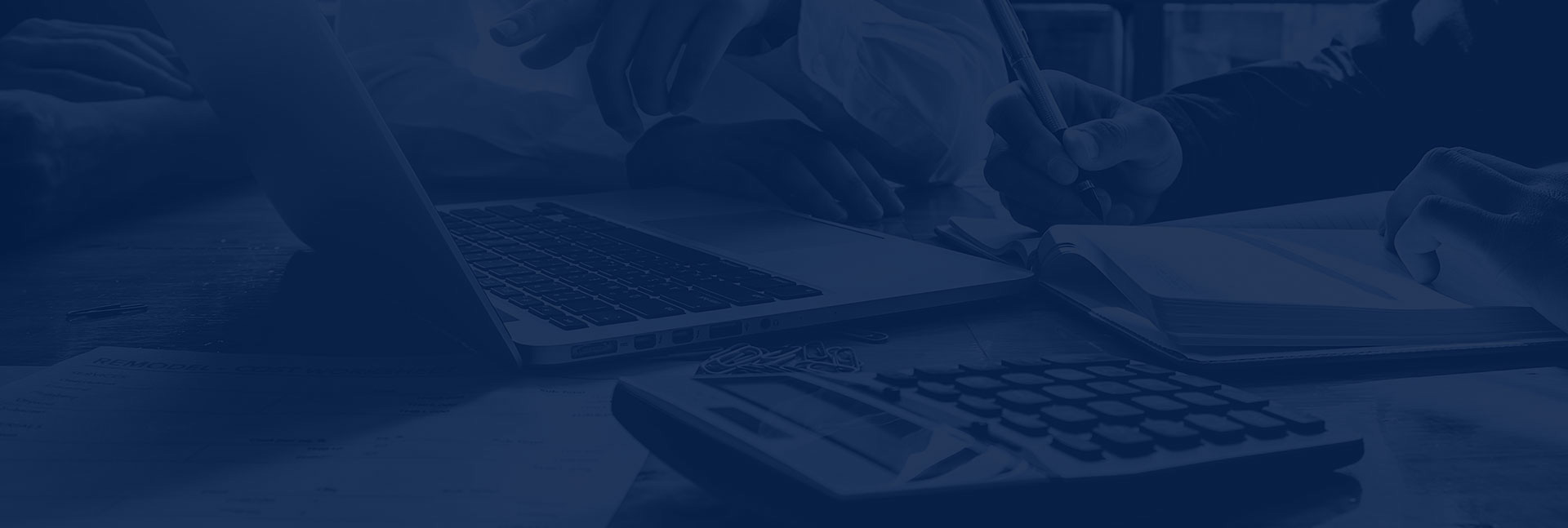Bankruptcy can be a much-needed debt solution for people struggling financially. However, debt relief comes at a cost. If your bankruptcy case is settled and you are looking to buy a house, keep reading for a guide to homeownership for former debtors.
Types of Bankruptcy
Buying a house post-bankruptcy depends on the type or chapter of bankruptcy you file. For individual debtors, not business entities, Chapter 7 or 13 are the most common types of bankruptcy.
- Chapter 7 (liquidation): Debt relief by liquidating assets to pay off debt
- Chapter 13 (reorganization): Debt relief through a reorganization plan that results in full repayment within three or five years
Chapter 7 is often the quickest method and is best for people with a lot of debt. On the other hand, Chapter 13 takes longer, but it does not require liquidation of assets. Instead, debtors draft a reorganization plan with the intention of paying back their debts within three or five years.
It’s important to note that chapters 7 and 13 discharge debts, but some are not dischargeable. In most cases, obligatory debts like child support, student loans, and alimony are still required regardless of your bankruptcy status.
FHA Loans
Depending on the type of bankruptcy you filed, the FHA may have different rules for lending.
- Chapter 7: The FHA will accept your mortgage application two years after your case is settled. You will need to provide a positive credit history. The FHA will require proof that the circumstances surrounding your bankruptcy were outside of your control.
- Chapter 13: The FHA can guarantee a loan within 12 months after filing for Chapter 13 as long as you make the payments on time. You must be able to afford the mortgage payments and have written permission from the court to take on new debt.
VA Loans
In general, the Department of Veteran’s Affairs does not require a down payment for mortgage loans. Debtors recovering from bankruptcy must wait two years before qualifying for a VA loan and provide proof of a clean credit history. Applicants will also need a credit score of 620 or above to qualify.
Conventional Loans
Most conventional loans come from banks or mortgage companies without government backing. The government can purchase these loans based on specific criteria. Depending on your history of bankruptcy, you may or may be able to qualify for a conventional loan anytime soon.
- Chapter 7: You must wait 48 months or 24 months if extenuating circumstances exist.
- Chapter 13: You must wait 24 months after discharge. Or, if the court dismisses the case before discharge, you’ll need to wait for 48 months.
- Multiple Bankruptcies: If you have filed for bankruptcy more than once in the last seven years, you may have to wait for at least five years before you can qualify for a conventional loan.
Improving Your Chances
If you do not already qualify for a mortgage, there are some things you can do to improve your chances of getting one down the road.
- Consistency: Create a budget to keep yourself on track and avoid overspending, overdrafting, and missing deadlines.
- Improve Credit: Make your payments on time and avoid extra costs that may take a toll on your credit. It’s tempting to check your score regularly, but doing so can alter it, so focus on good credit habits to avoid a declining score.
- Fees: Unfortunately, lenders and credit card companies view those who file for bankruptcy as “high risk,” which means they may charge expensive fees for simple things like a credit card. If you can, avoid taking out new credit cards and make regular payments on the ones you have.
- Pre-Approval: For former debtors and those in debt recovery, pre-approval may be your best friend. This can eliminate specific fees and exemptions.
Ultimately, there are no quick fixes for your finances post-bankruptcy. It takes time to accumulate debt and even longer to recover from it so take this time to make minor adjustments and improve your spending habits. These little changes can make a big difference later on when you have to provide proof of good credit.
Is Bankruptcy Right for You?
If you are struggling financially and want to buy a home in the future, knowing which kind of bankruptcy to file and having the skills to succeed can give you opportunities down the road. Choosing the correct type of bankruptcy is one of the most important steps in the debt relief process, and you don’t have to figure it out on your own.
At the Law Office of Seni Popat, P.C., we believe that financial recovery is possible. Our team of compassionate legal professionals has extensive knowledge of the bankruptcy court system and how filing may affect you. With a decade of experience and a successful track record on your side, you can get the debt relief you need.
Schedule a FREE consultation with the Law Office of Seni Popat, P.C. today!













